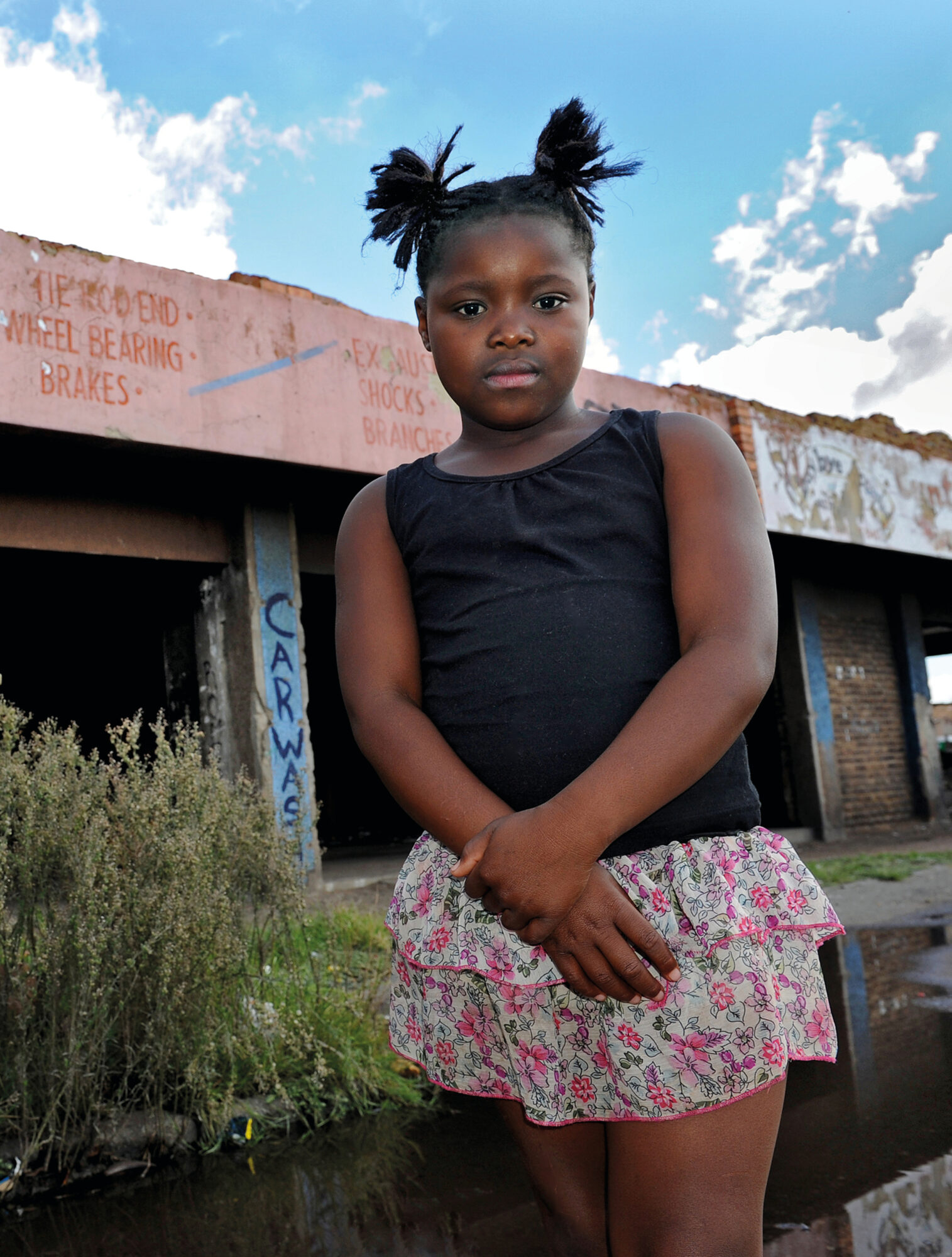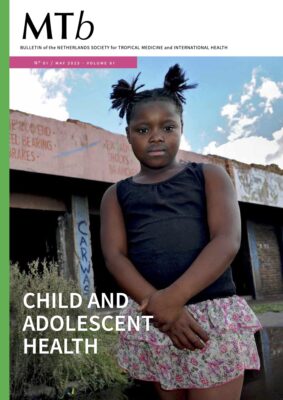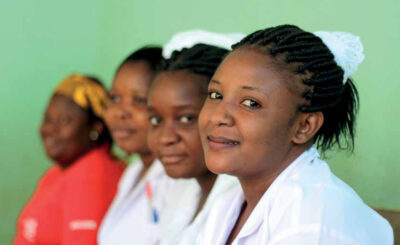

Optimising child and adolescent health: what does it take?
In their article, Mark Tomlinson and colleagues argue that “fully realising the potential of children and adolescents requires an ecological life-course approach, together with multisectoral, coordinated, integrated action for the provision of care and services for children and adolescents”.[1] In other words, acknowledging that what happens in each of the development stages of a child, shapes and influences its growth into maturity. The ecological part refers to looking beyond the narrow “disease model” terms, and considering all levels of influence: family, community,...
Optimising child and adolescent health: what does it take?
In their article, Mark Tomlinson and colleagues argue that “fully realising the potential of children and adolescents requires an ecological life-course approach, together with multisectoral, coordinated, integrated action for the provision of care and services for children and adolescents”.[1] In other words, acknowledging that what happens in each of the development stages of a child, shapes and influences its growth into maturity. The ecological part refers to looking beyond the narrow “disease model” terms, and considering all levels of influence: family, community, institutions, policies, and environmental conditions. This edition of MTb reflects an ecological life circle approach in many aspects. The opening article describes the ‘coming of age’ of Global Child Health (GCH) in the Netherlands: how, since the era of the Millennium Development Goals (1990 – 2015), the level of specialisation within the sector has increased, and how this had an impact on the quality and the quantity of GCH research and education in this field. One example is the recent introduction of the elective in Global Woman and Child Health in the existing medical curriculum at Amsterdam University Medical Center. Other examples from across the board include the establishment of a national Bachelor degree in paediatrics for clinical officers in Sierra Leone and twinning partnerships within global paediatric oncology. The ecological life-course approach is also illustrated by articles on crucial interactions between medical care at the individual level and the essential role of supporting and enabling environments. These include the ‘birth’ of a neonatal intensive care unit in rural Tanzania, the empowering of caregivers as one of the interventions to improve cerebral palsy care in Malawi, and the critical role of (continuous) vital signs monitoring in the timely detection of complications in hospitalised children in low-resource settings. The article on the influence of early childhood TB on lung health later in life underlines the need to take a life-cycle approach when addressing child health and well-being. Applying an integrated ecological life-course approach can capture social determinants of health, linking and addressing risk and protective factors over time. This is clearly illustrated in the articles on the effects of climate change on child health, the care for refugee and migrant children, and the article presenting tools to provide cross-cultural care for children. So what does it take…? Targeted interventions at individual and public health levels – such as the large-scale child immunisation programmes carried out over the past decades – are essential in improving child health. However, they should go hand in hand with programmes that invest in creating enabling environments for children and young people. Across their life course. Across the globe. We hope that this edition of MTb will serve as an inspiration to accomplish this.
Esther Jurgens, Policy Advisor NVTG, Consultant Global Health
Ryan Proos, Physician Global Health and Tropical Medicine in training
Hanneke Dekker, Master International health, Physician Global Health and Tropical Medicine, Paeditrician




















































